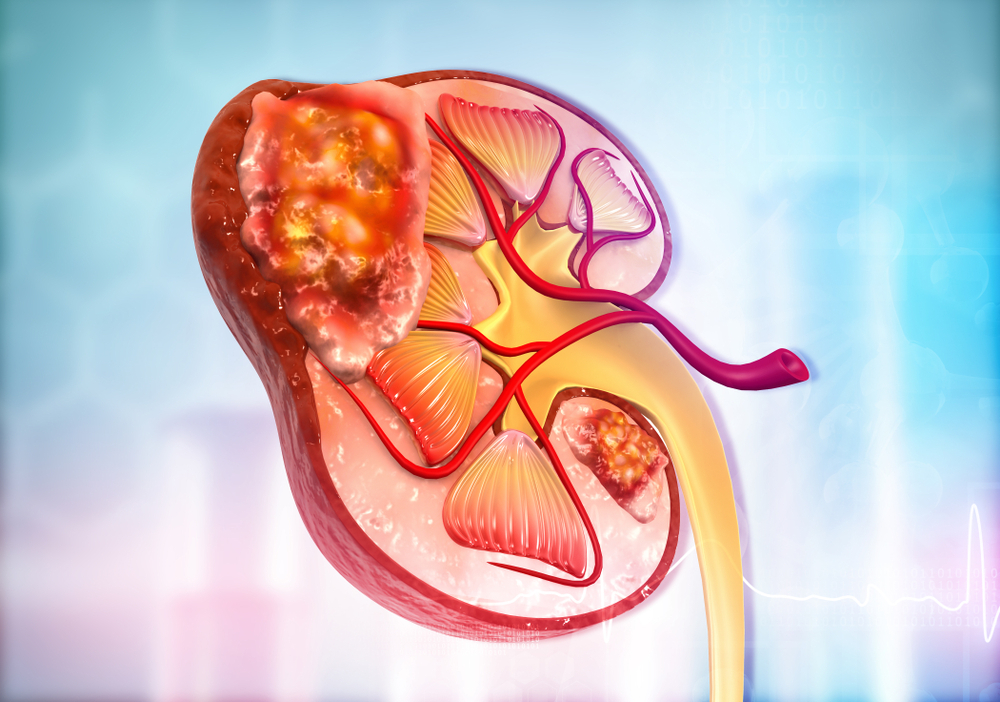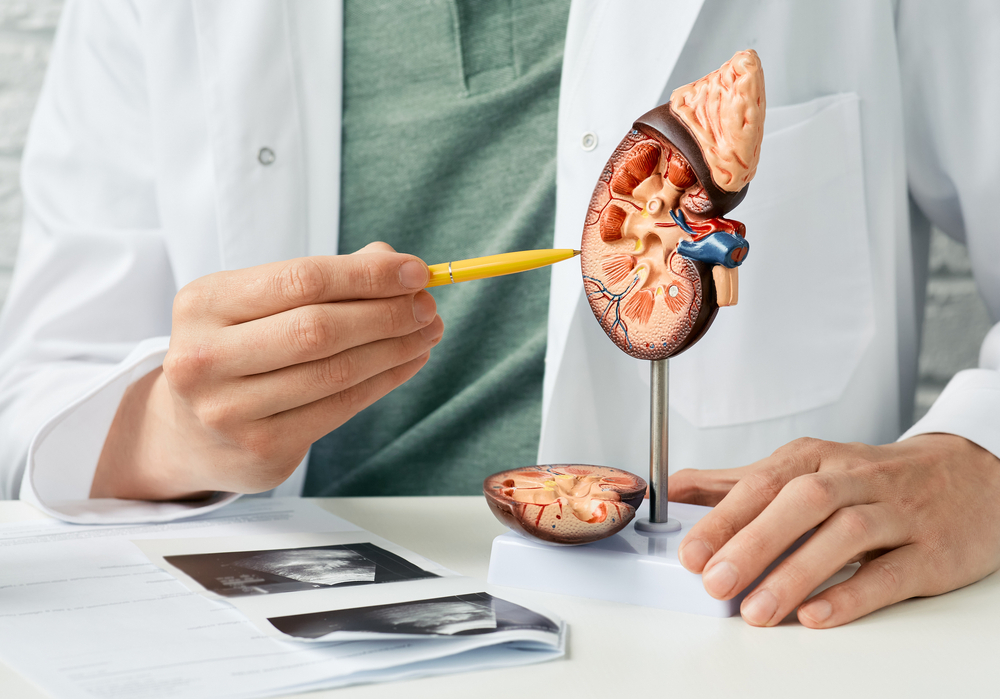



When a mass is seen in the kidney, it is generally not recommended to remove a piece of the mass; either the mass or the kidney must be removed completely. This surgery can also be performed open or laparoscopically.
Kidney cancer is a type of cancer that occurs in people in their fifties and usually does not cause symptoms. It is called a 'radiologist's tumor' because it does not cause any symptoms and is noticed in the report of an imaging performed for another reason. Excess weight and hypertension can be considered risk factors.
Numerous surgeries performed successfully
Hundreds of cancer patients regained their health
Hundreds of patients regained their health as a result of kidney cancer surgery
Numerous national and international publications in reputable medical journals
When a mass is seen in the kidney, it is generally not recommended to remove a piece of the mass; either the mass or the kidney must be removed completely. This surgery can also be performed open or laparoscopically.
Advantages of laparoscopic surgery:
• Less post-operative pain by making smaller incisions
• Less bleeding due to clearer visibility of the vessels due to greater magnification and approach
• The operation can be performed with very small incisions only if the mass is removed.
• In case the kidney is to be removed, incisions are made in more suitable areas to ensure greater patient comfort.
• May be considered an earlier return to normal life
Kidney cancer stages range from I to IV, describing the tumor's size, location, and whether it has spread. Stage I indicates a smaller, localized tumor, while Stage IV signifies advanced cancer that has spread beyond the kidney to other parts of the body. Each stage guides treatment options and prognosis.
Kidney cancer symptoms can include blood in the urine, back or side pain, loss of appetite, weight loss, fatigue, fever, and swelling in the ankles or legs. These symptoms are not exclusive to kidney cancer and can be caused by other conditions as well. It's important to consult a healthcare professional if you experience any of these symptoms.
Partial nephrectomy is the surgical removal of the diseased or cancerous area of the kidney. During this operation, only a portion of the kidney is removed and healthy tissue is preserved. The aim is to preserve kidney function as much as possible while treating kidney cancer or another pathology. This procedure is widely used in the treatment of kidney tumors and minimizes the risk of losing kidney function.
Partial nephrectomy is a treatment method that aims to preserve kidney function by removing only the diseased portion of the kidney instead of removing the entire kidney. This procedure is generally preferred in the following cases:
Partial nephrectomy can be performed with three main methods:
Open Surgery: In this method, a large incision is made and the tumor is directly removed. It is preferred for larger tumors or lesions in difficult areas.
Laparoscopic Surgery: In this minimally invasive method, several small incisions are made in the abdominal area. The tumor is removed with a camera and special surgical instruments. It has advantages such as less pain, shorter recovery time and smaller scars.
Robot-Assisted Surgery (Robotic Partial Nephrectomy): This method is a version of laparoscopic surgery supported by robotic technology. It allows the tumor to be removed with more precise and detailed movements. It is especially used for accessing difficult areas.
Preservation of Kidney Functions: Partial nephrectomy allows healthy kidney tissue to be preserved as much as possible. This reduces the risk of kidney failure.
Short Recovery Time: Especially in laparoscopic and robot-assisted surgeries, the patient's recovery time is shorter compared to open surgery.
Less Pain and Smaller Scars: Since there is less tissue damage in minimally invasive methods, there is less pain after surgery and smaller scars on the skin.
As with every surgical procedure, partial nephrectomy also has some risks:
The recovery period after partial nephrectomy varies depending on the type of surgery and the patient's general health status. In general:
It is recommended that patients avoid heavy physical activities for 4-6 weeks after surgery.
The success rate of this operation is quite high, especially in early-stage kidney tumors, complete cure can be achieved. The surgeon's experience and the techniques used are factors that directly affect the success rate.
